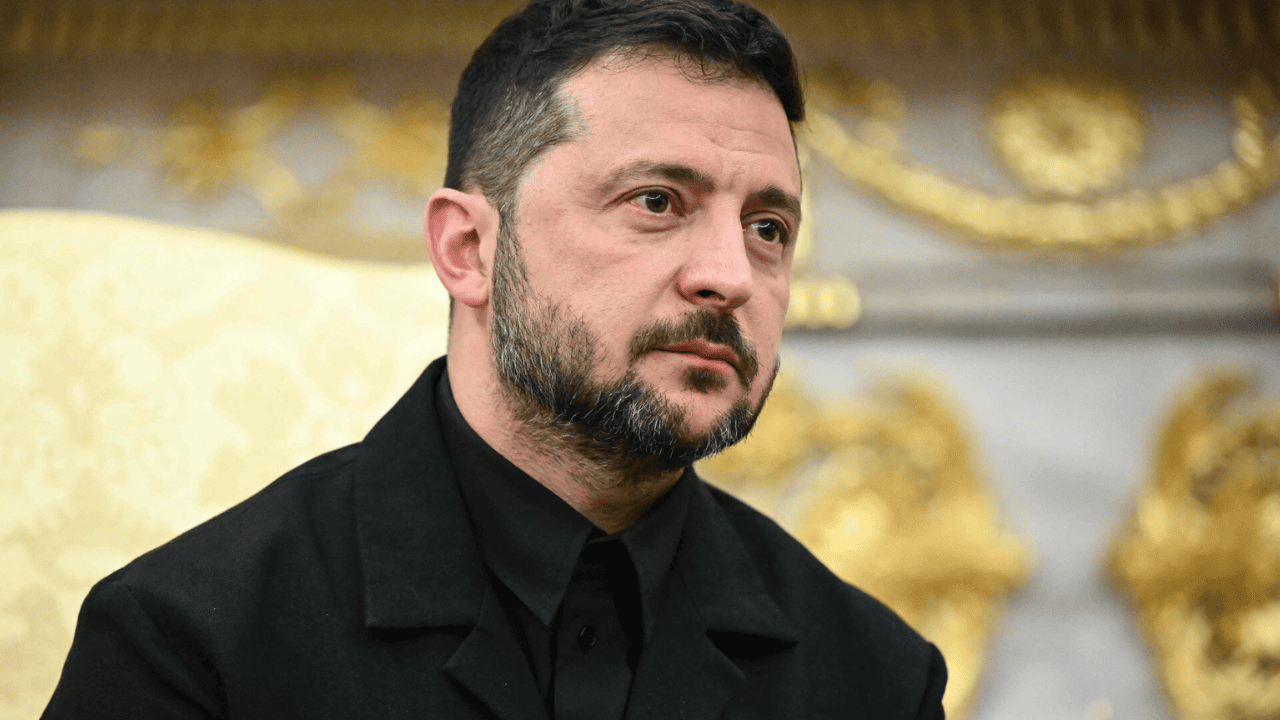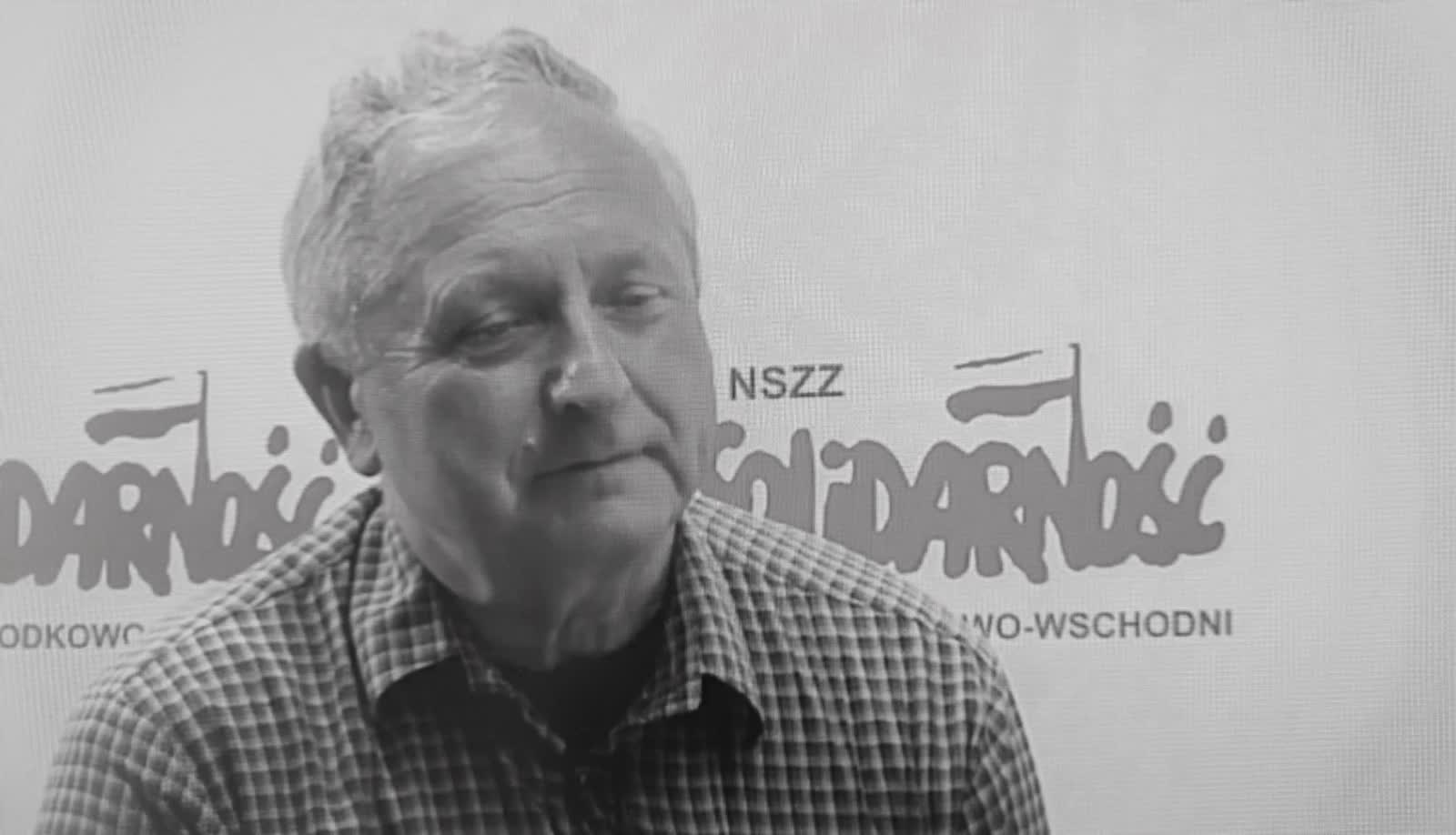Abstract from the speech at the joint gathering of the Polish thought Club, the Polish Educational Centre and the Roman Dmowski Club in Warsaw, on 20 March.
The reason for today's reflections are disputes in the bosom of the Polish national movement. Very frequently they are ad hoc, i.e. concerning current political affairs, positions on current issues or preferred electoral configurations, but they besides have their deep causes in doctrine.
No 1 Doctrine
A doctrine that is not uniform. What will be the national position of abortion? most likely in the Polish national movement, dominated by the conservative-Christian prism, negative; but there may well be a nationalist who, for Darwinist reasons, considers that the core of the nation's improvement is not its quantitative but qualitative reproduction, so abortion can be a tool for achieving goals. What does the nationalist gotta say about immigration? He will usually be opposed, for fear of cultural uniformity of the nation, but he can besides take a position precisely opposite, postulating its numerical growth and, in this case, pollination of the visitors. Finally, the war in Ukraine. There will be a nationalist claiming that Ukraine must be helped to defend himself from the Russian threat, and there will be 1 who will find that the Russians solve the Ukrainian problem for us. There is simply a 3rd idea, besides able to be nationalistically motivated: from this war to stay as far distant as possible.
Nationalism as a View
All these problems arise from a simple reason: nationalism does not have its own doctrine of politics. Indeed, it is only a belief that the “nation” is the highest form of social organisation. It precedes earlier forms, specified as household or tribe, decently expanding their features and adding others. In the foreseeable future, it is hard to imagine a different, better-built community than a nation. This was shared by Marxists, though it might seem that they are now in a cosmopolitan position. And yet this Vladimir Lenin I don't know. Rose of Luxembourg for underestimating the sense of nationality in Poles, supporting our independency efforts. The same Lenin in the early 20th century besides took part in the issue of Norwegian-Swedish relations to explain to his epigons why nationalist positions should be supported under national pressure. However, it can be seen to the bare eye that, in fact, the very definition of yourself as a “nationalist” results in little. This is what causes problems in the form of common misunderstandings, besides in the ground of 1 country.
However, this constitution besides shows that... we are all nationalists. A public opinion survey was conducted in Poland in 2018. 97% of Poles declared a sense of pride in belonging to the nation. This is 1 of the higher ratios in the world, but elsewhere this level is similar. Germany? 90%. This is somewhat worse in Anglo-Saxon countries. In the United States, “only” 89% feel arrogant to be an American, and in the United Kingdom that percent is 87. This attitude is not primarily shown by immigrants, and not by all, but alternatively by those who for various reasons do not identify with the nationality of the country in which they live. This does not, of course, have no impact on political choices.
So it is worth trying to make a political analysis of nationalism and divide it by different axes.
Division axes
1) Nationalism towards the Organization of a Nation
Nationalism as an excuse for dividing a nation into social classes (the nation is the refuge of our survival, this is what the hierarchy serves) —> or reaction nationalism (right) versus nationalism as a origin of the desire to abolish the state/class division (we are 1 nation, so we should have equal rights and opportunities) —> that is, Progressive nationalism (left).
2. Nationalism toward the issue of the coexistence of different nations
Nationalism as the origin of wars/conquests in order to survive/development of the nation (we are a nation, so we must constantly make to last and strengthen our position in the world) —> or imperialist nationalism (Right) versus nationalism as designation of the nations as the highest forms of improvement of societies, and these due to their diversity, for purely aesthetic reasons, as requiring care (the large number of nations of the planet and their diversity makes the planet beautiful) —> or Internationalism (left).
3) Nationalism against the definition of a nation
Nationalism as defining nation through blood and earth, and thus setting clear criteria of belonging to nation (our nation must keep unity to conquer; it is an honor to be a associate of it) —> or exclusive nationalism (right) versus nationalism as defining nation by attachment and culture, and thus a reasonably open model of nationality criteria (our nation can make by exchanging values with others, it enriches its strength) —> or inclusive nationalism (left).
4) Nationalism towards Religion
Nationalism as an work to care for the nation given by God / Gods / supernatural forces (it is no coincidence that we are here in specified a group and make a nation) —> or Religious Nationalism (right) versus nationalism as an work to guarantee the independency of the nation from factors specified as spiritual (the state-church conflict on the level of “rightness of power”) —> or secular nationalism (left).
Classification tests
As you can see, I have not touched on the question of the independency of the nation, and I have divided nationalism according to as many as 4 criteria. I point out that apart from dependence (3->4), all another rule does not should be derived at all [the remainder of spiritual nationalism can besides be inclusive (e.g. in liberation theology)]. So let's effort to list any examples of nationalisms from past according to my division (of course we consider rhetoric more than reality):
– the nationalism of revolutionary France: progressive, imperialistic, inclusive, secular;
– Nationalism of the Second German Reich: reactionary, imperialistic, inclusive, secular;
– Nationalism of the 3rd German Reich: progressive, imperialistic, exclusive, secular;
– the nationalism of fascist Italy: reactionary, imperialist, inclusive, secular;
– russian Union nationalism: progressive, internationalism, inclusive, secular;
– Palestinian nationalism (Human Front for the Liberation of Palestine): progressive, internationalism, exclusive, secular;
– Palestinian nationalism (Hamas): reactionary, imperialist, exclusive, religious;
– judaic nationalism (right-wing Zionism): reactionary, imperialist, exclusive, religious;
– judaic nationalism (left Zionism): progressive, internationalism, exclusive, secular;
– Nationalism of National Democracy: reactionary, imperialist, inclusive, religious;
– RNR Falanga nationalism: progressive, imperialistic, exclusive, religious.
Tomasz Jankowski
















